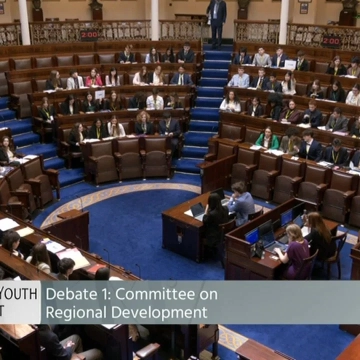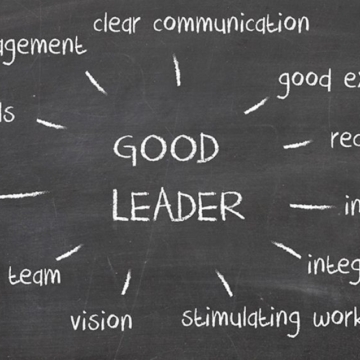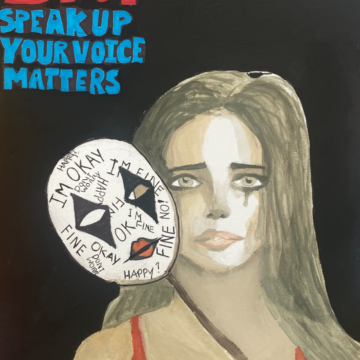Warden’s Thoughts on …. a MANifesto
Last year, particularly after the release of the Netflix show ‘Adolescence’, there was much discussion about the behaviour of boys and how they are influenced by social media. As a result, we have created a ‘MANifesto’ focusing on what positive male behaviour might look like. The following was read out by our male prefects in chapel on Friday morning.
St. Columba’s College: the MANifesto
Boys and young men are in the spotlight. Misogyny and sexist behaviour are on the rise and there are plenty of influencers out there who peddle a negative version of masculinity as if it were the only way for men to behave. A lot of young women are shunning relationships with men because they are afraid of being mistreated or abused. At the same time, suicide rates are far higher amongst young men than young women because they have a feeling of helplessness and a lack of purpose and direction. A recent survey showed the following:
- Three in four boys age 11 to 17 regularly encounter masculinity-related posts about building muscle, making money, fighting, dating and relationships, or weapons.
- Boys who encounter more of these posts are lonelier and less open about their feelings.
- Nearly half of boys believe they must follow “unwritten rules” (like not crying or showing fear) to avoid being teased or picked on.
What does it mean to be a young man in 2025 and do boys at St. Columba’s have to fit in with the prevailing culture? Is there a better way of being a man than some people would want us to believe? And if so, what kind of behaviour do we aspire for our young men to exhibit, even if it flies in the face of the current narrative?
We, the young men of St. Columba’s College, are adopting a MANifesto for what we would like to be known for, a set of principles to which we can aspire and a pledge to which we can be held accountable. It is time to change the narrative and reclaim a healthy vision and version of what it means to be a man.
Here is the pledge:
Boys at St. Columba’s should…
- … treat girls with respect in person and in how we talk about them online.
- … take responsibility for ourselves and not blame girls for our problems.
- … stand up for those who are younger, weaker or lacking in confidence.
- … call out any behaviour that mocks or excludes any individual or group.
- … realise that violence or aggressive behaviour is never the right response.
- … know that asking for help is a sign of strength and not a sign of weakness.
Come on boys…it’s time to step up.












